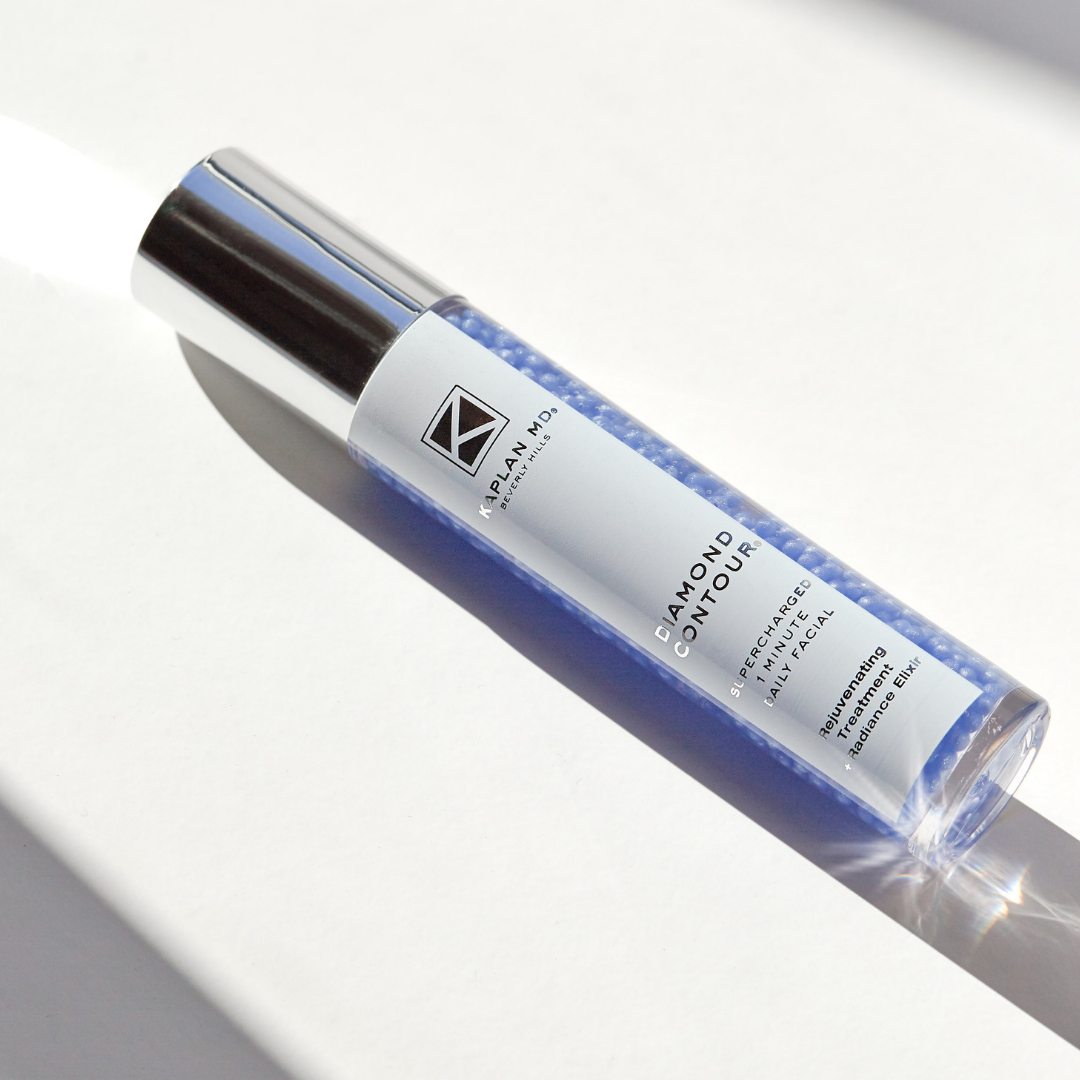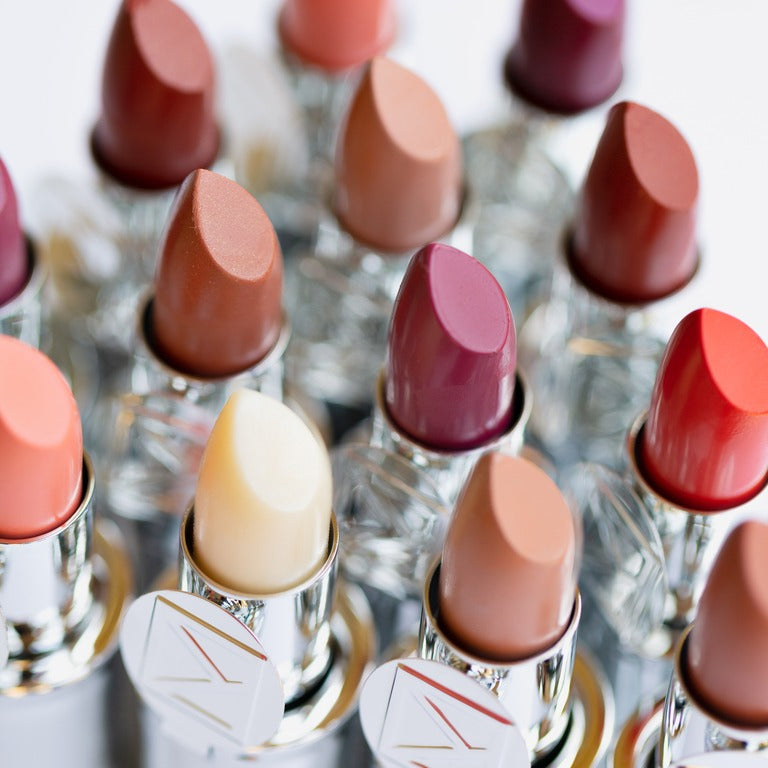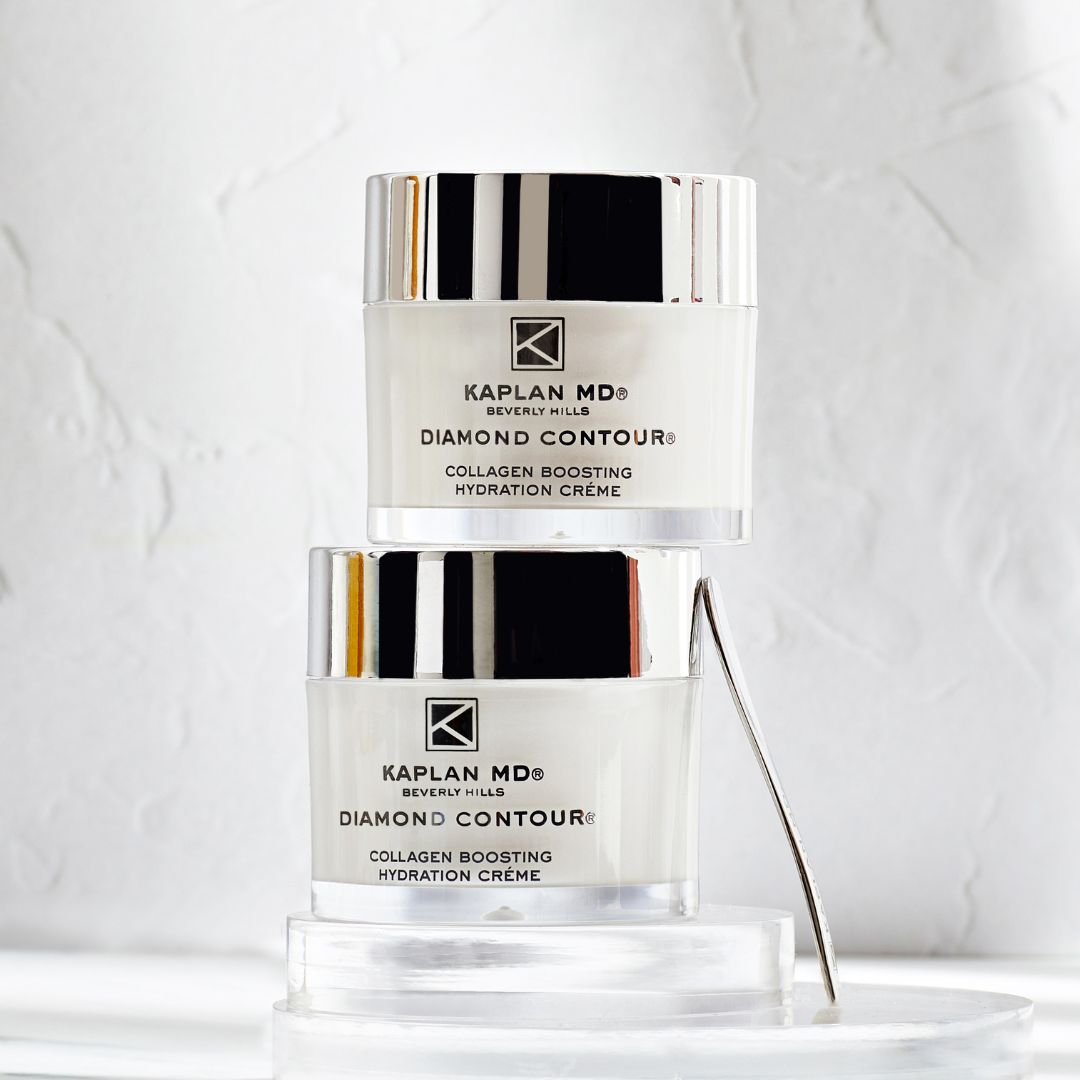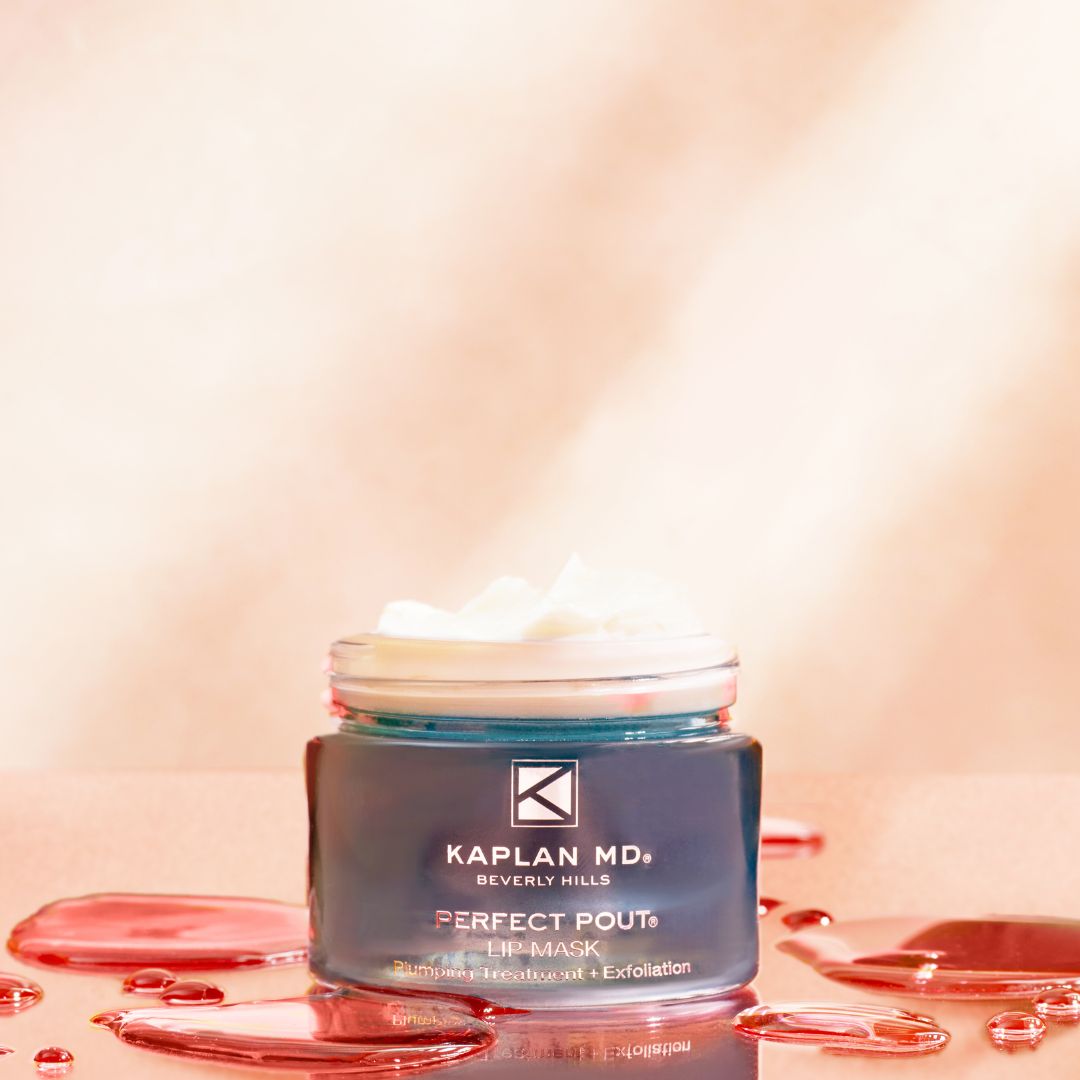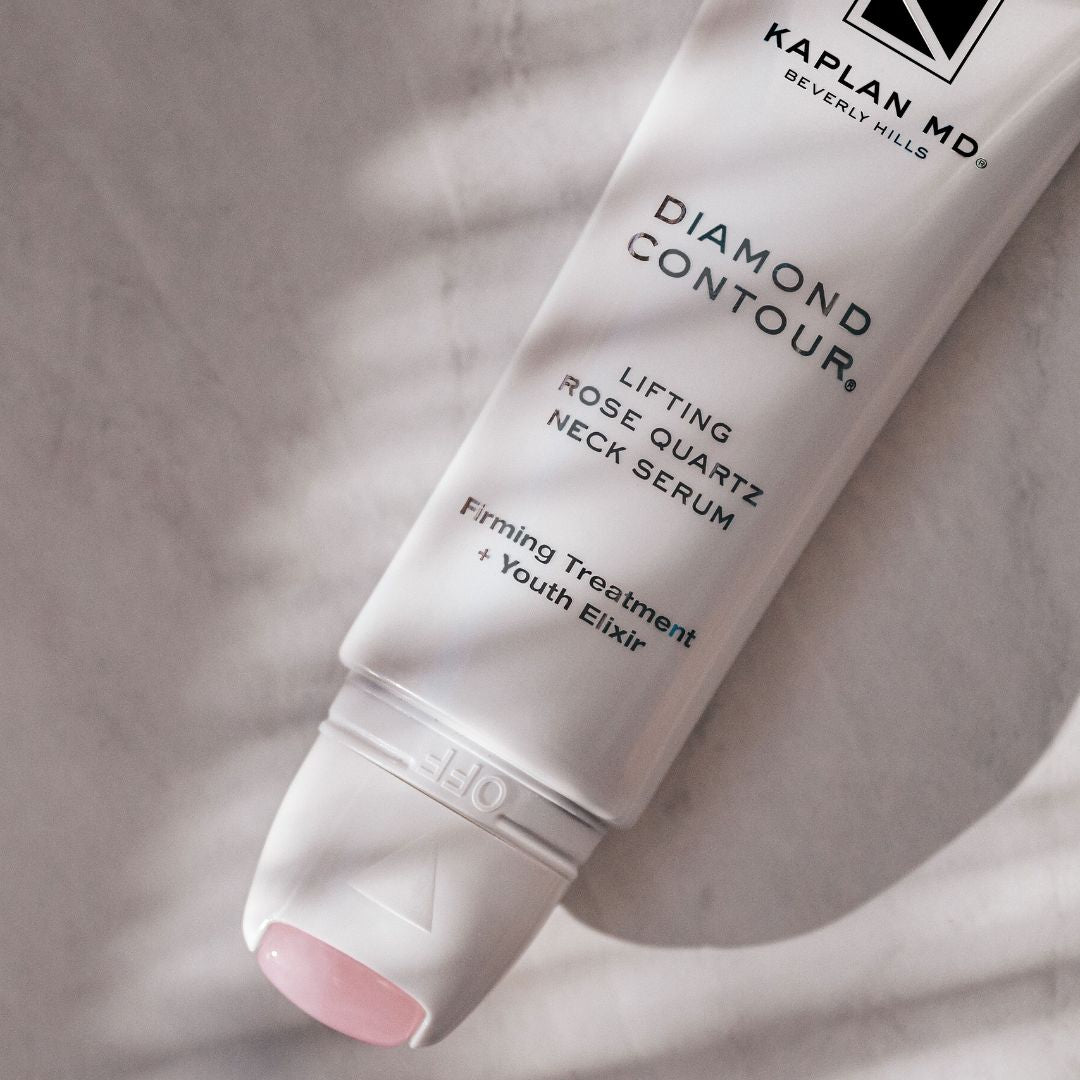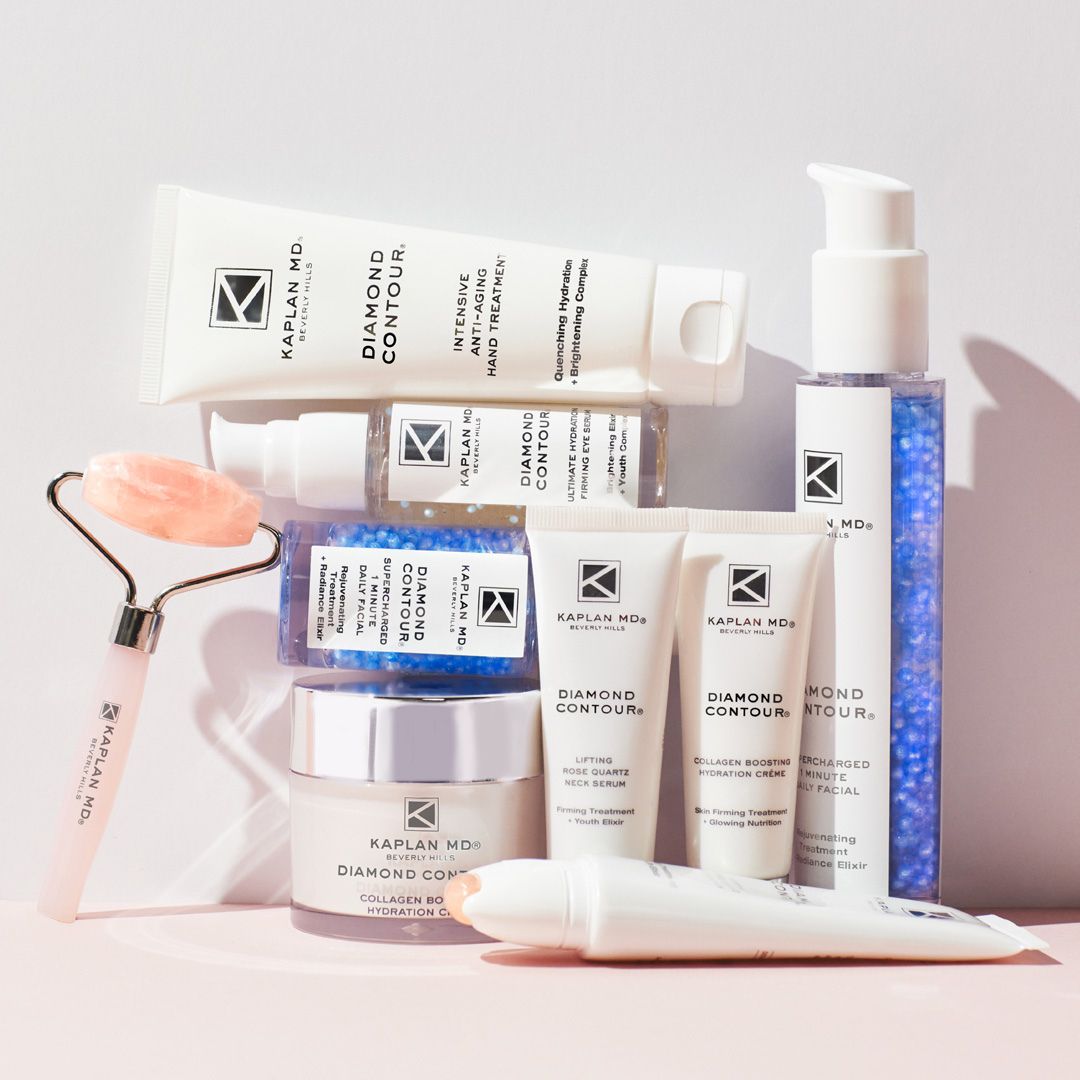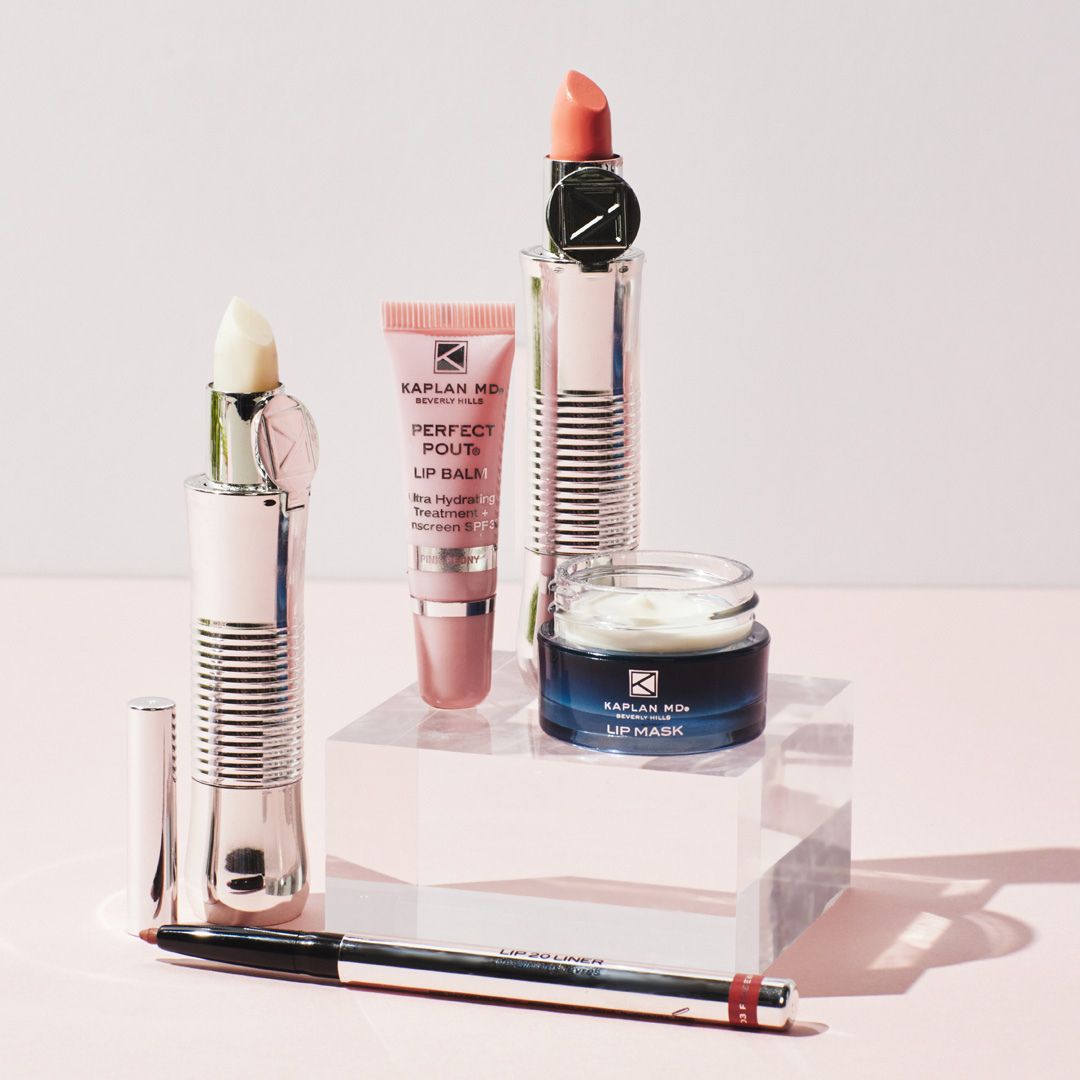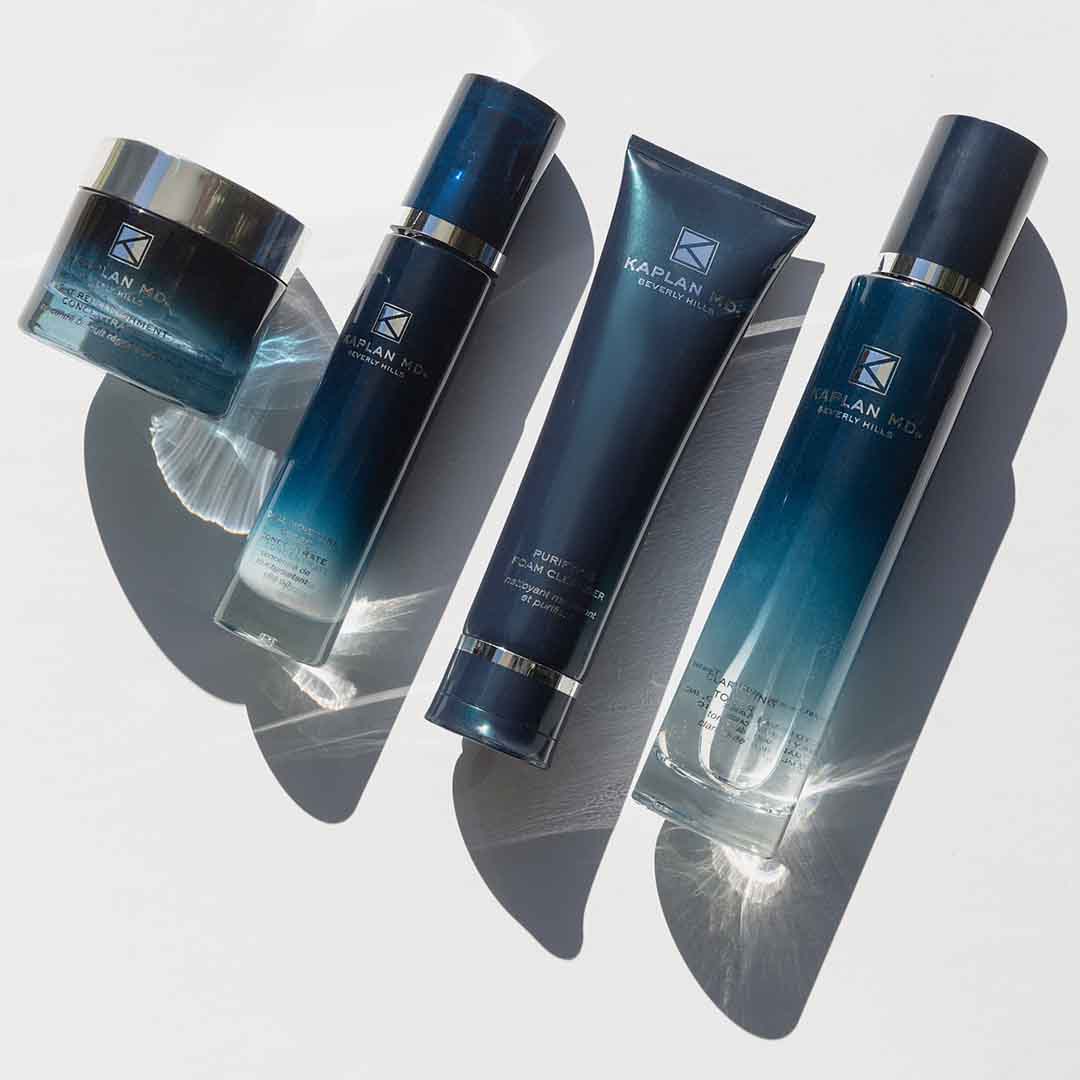Bestsellers
Skincare
Collections
The Skin Barrier: What It Is & Top 4 Tips To Prevent Damage
March 16, 2020 2 min read
The skin barrier - we've seen it mentioned on countless products in the market to help protect it, and there are a plethora of articles on how to repair it, but what is a skin barrier, and how can we take care of it? We’re breaking down everything you need to about your skin barrier below. Ready to take some notes?
What is a skin barrier?
The skin barrier is a layer that protects your skin from the outside world. A healthy skin barrier helps prevent dehydration, helps sustain the skin’s immunity, and protects skin against harmful microorganisms, chemicals, or irritants that can penetrate the skin and cause damage.
What causes skin barrier damage?
A lot of factors can play a role in damaging your skin barrier. This includes environmental stressors like pollution and smog, but can also be components of your own routine such as excessive or frequent cleansing, using an abrasive exfoliant, or showering with really hot water. Lifestyle choices such as smoking and an imbalanced diet can also play a role in damaging your skin barrier.
What happens if I don’t take care of my skin barrier?
When your skin barrier is damaged, it allows bad bacteria to get into the skin’s inner layers. This can cause inflammation, redness, soreness, or blotchiness, and your skin may become more prone to breakouts. On top of this, your skin may become dehydrated and appear dull or uneven in texture and tone.
How do I keep my skin barrier healthy?
- Keep it simple - don’t overdo it with your products. Remember how we always say less is more? Using too many products with bad ingredients can strip away natural oils. When restocking your medicine cabinet with new skincare favorites, make sure to check what ingredients go into these products and remember to not over-wash or over-scrub when doing your routine.
- Balance your pH. Make sure to always tone your skin after cleansing! Toners (like our Clarifying Toner) help balance the pH level of your skin after cleansing so your skin doesn’t become too alkaline or too acidic. The optimal skin pH is 5.5.
- Keep your skin sun safe. The sun can cause serious damage to your skin’s barrier which is why it’s important to include sunscreen into your daily routine. Your skin’s exposure to UV rays can cause the cells and skin barrier to get damaged, which leads to collagen breaking down, damaged skin, and skin cancers. Adding sunscreen to your routine is easy when using an SPF filled moisturizer like our Daily Moisture SPF 30 Concentrate.
- Avoid harsh exfoliants. Harsh exfoliants tend to be rougher and more abrasive on the skin and may cause micro-tears which can cause even more damage to the skin’s barrier. While exfoliation is important to help remove dead skin cells - we recommend a gentle exfoliant like our Cell Renewing Microfoliant to help do the trick.
Also in Dermatology Blog
Get 15% Off Your First Purchase
Stay in the loop with exclusive discounts, expert skincare tips, the latest news, and more. Don't miss out on the opportunity to elevate your skincare routine and save on your favorite products.

